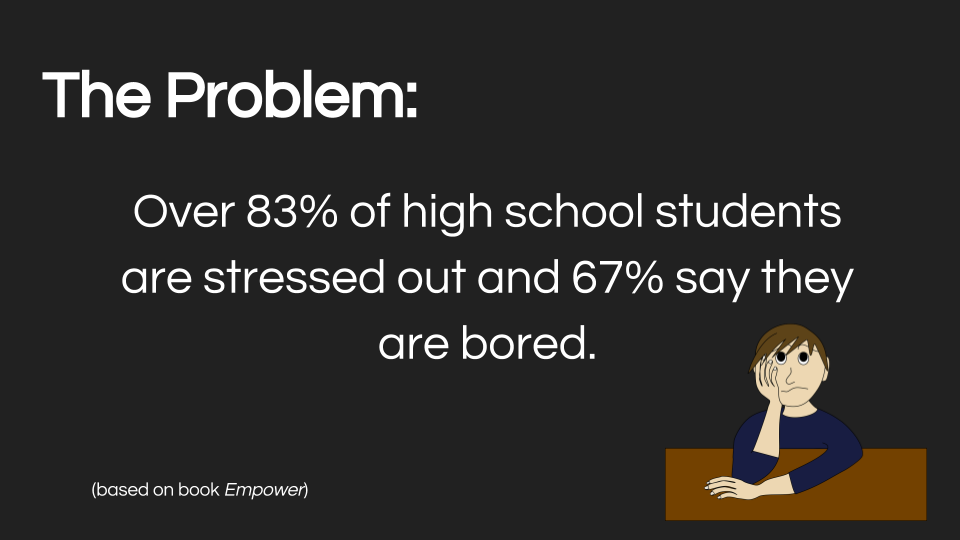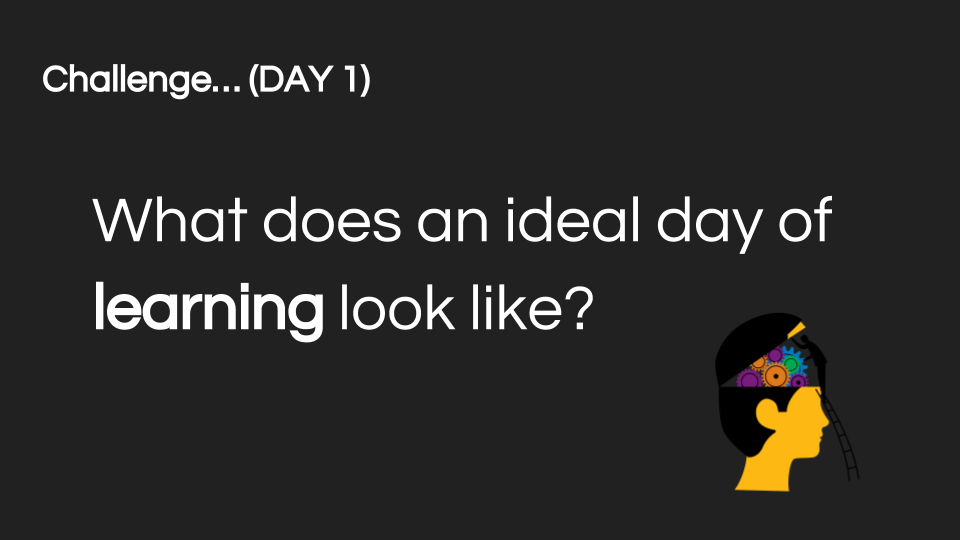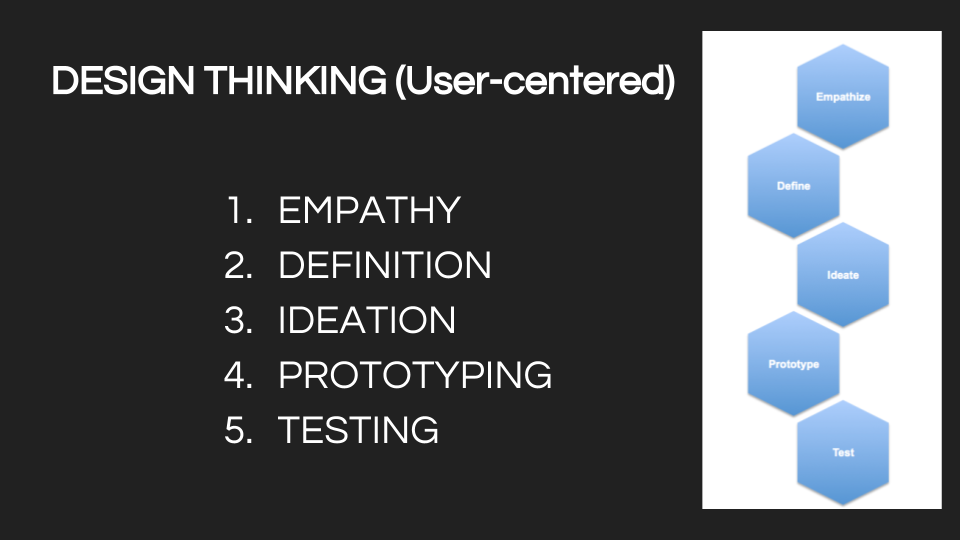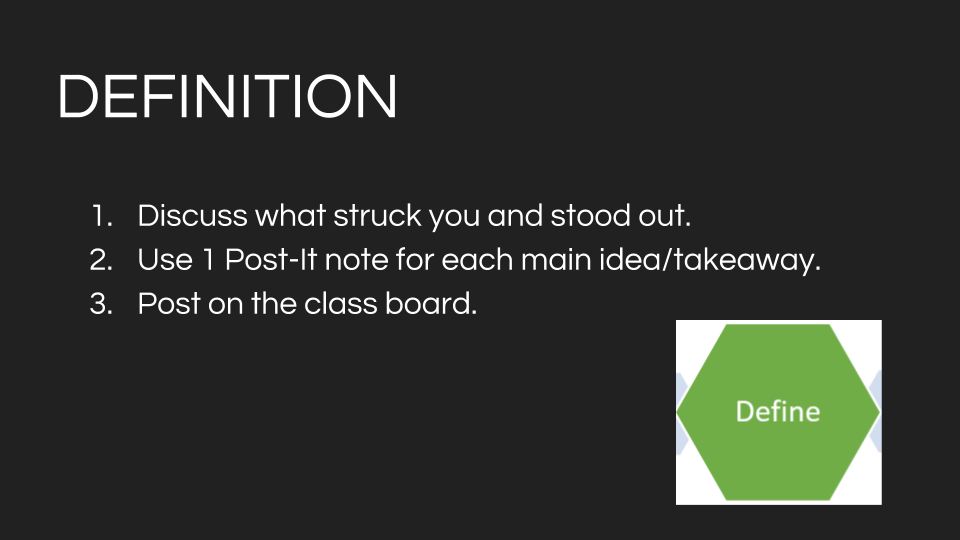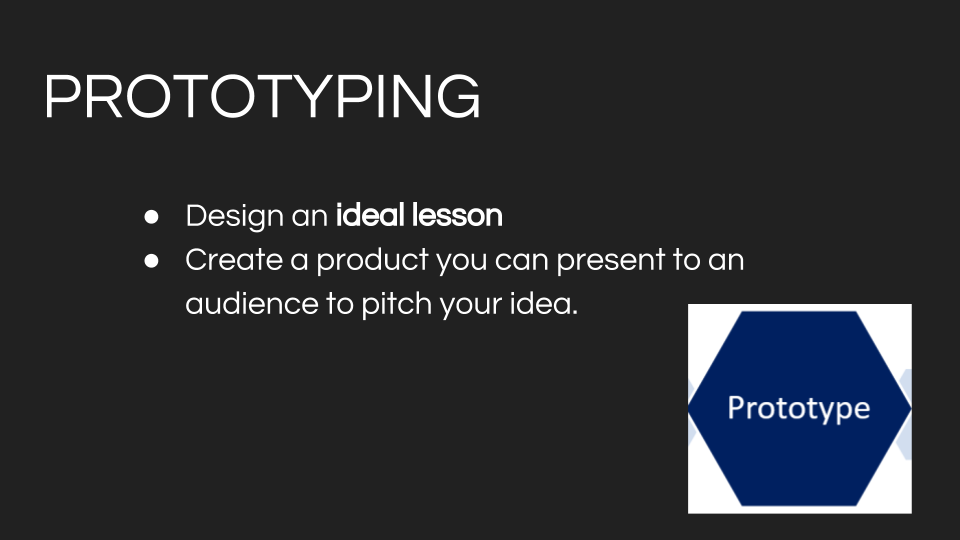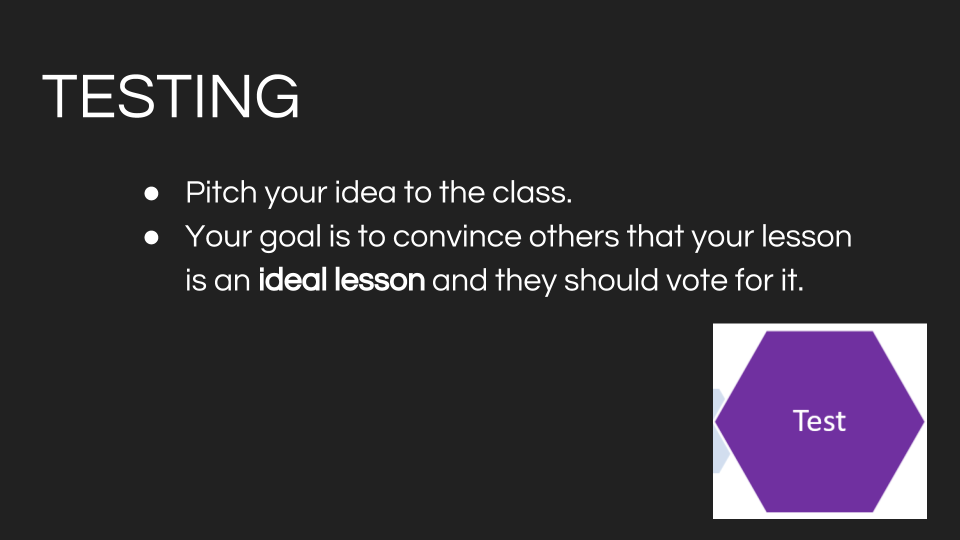If you're a parent you want your kids to be successful.
I mean, I get that you should allow them to fail and learn from failure. I get that on the road to success, our kids will undoubtedly fail. If you preach and do that, you're awesome in my book.
So while we all want our kids to fail forward, no parent or teacher wants their kids to struggle to make a living. Each one of us, wants our kids to have the skills and the will to crush the challenges of life. But there's one thing that can stop them: School.
Or rather, schooling.
What's the difference?
Well... Schooling is the way school is done. I could talk about how it's outdated and designed for the Industrial Era, but here's the bottom line: Schools rarely teach entrepreneurship; the mindset that prompts an individual to constantly look for opportunities, and in response to opportunities, to ideate, to innovate, and to create.
Schools are about compliance; hitting the books in English, raising their hands in history, studying for math, being on time to gym, and washing their hands after science labs. Nothing wrong with these things. Except, they're not enough.
Kids are not taught entrepreneurship. Everybody is taught to fit in. That's important for societal survival, but kids must learn (or relearn) to stand out, if we want them to thrive.
I'm not talking business classes. Budgeting and finances are cool; knowing how to write a business plan and open a restaurant neat. But, by the very nature of today's market, very few will be able to thrive using the traditional brick and mortar shop model. While many products remain physical, a lot of the action happens in the virtual. And it's a good change.
The opportunity exists for everyone. Wielding technology and instant connection to the global market, anyone can start with zero money and a great idea. But, she needs to take this idea further. She needs to have the skills to develop it, spread it, and persuade others that it's a good one and that others should listen to her; the idea maker, the entrepreneur.
How does one start becoming an entrepreneur?
Learn. Generate ideas. Deliver value. Learn more. Generate more ideas. Deliver more value. Learn and generate ideas all the time and deliver so much value that they say: She knows something. She's got something. I like it and I want it. They say these things, because their life became better as a result.
But here's the thing. The learning has to be meaningful and real. It's good to start elementary kids blogging about school and the consistency of squirrel droppings to parents, peers, and teachers, but once they hit their teen years, it is time to get them to start building and talking to the global audience about real things.
Take writing. We already teach kids to respond to text and to write persuasive arguments. Problem is that most of the time, the task boils down to persuading one person; the teacher, or as I mentioned above a bunch of people they know well. They either like it or they don't. Done.
But what if students were given the opportunity and taught to persuade many people all the time? This is what many jobs already require and what being an entrepreneur calls for. Sure there are many nuances to entrepreneurship, but you can start with an authentic audience and a value proposition, a service or a product that helps people. And, both teachers and parents can teach entrepreneurship.
And guess what? As counter-intuitive as it may sound, the service/product piece is the easy part. Building audience, is what the grind is all about. There have been many people with great ideas unable to bring them to the market, because they struggled with or shunned building audience.
But guess what else? The economy NOW, not the one in some distant and uncertain future, requires pretty much everyone to be both a professional (doctor, lawyer, writer, mechanic, salesman etc.) and a marketer, a dealer of ideas and solutions; a vision.
And guess what else? It's not just that everyone can learn to be one... If we want our kids to stand out, innovate, and create, and we don't want them to struggle, we must help them become these visionaries. This is where we the teachers and we the parents come in.
Here’s how to start kids on their entrepreneurship journey
Introduce the idea of a "side hustle" to your kids (Mindset Development). Help your kids gain skills to be successful in a job, but if they have a passion for something and it seems unrealistic to pursue at the moment, help them pursue it anyway (that’s entrepreneurship!) by allowing them to develop a platform for this passion and the ideas it generates.
Show your kids examples of entrepreneurs (Social Proof). Examine the heavy hitters such as Seth Godin, Tim Ferriss, and Marie Forleo and expose your kids to what they do. Contemporary businesses use multiple platforms, but yes, they all blog to spread their ideas.
Help your kids start a website and a blog (Platform/Building Audience). I recommend Wix, Yola, or WordPress, because they have modern themes and should the need arise for a beginner entrepreneur to go full-Pro (online store and other capabilities), she’ll be able to upgrade and not have to migrate her content somewhere else or start a website from scratch.
Teach kids to use social media with a bigger intention (Marketing). It’s fun to use goofy filters and look at videos for hours, but Facebook, Twitter, YouTube, Pinterest, Instagram, LinkedIn and other relevant social media can be better leveraged to connect to potential customers and to deliver value to them and market ideas to them.
Teach content creation (Value Proposition/Influence). You can teach you kids to “write copy,” the art of writing that persuades others to take action, using subject matter. For example, if a teen entrepreneur focuses on teaching leadership qualities to other teens, she can find and use a story of Mahatma Gandhi in her copy. Or, she could look up her site’s analytics and use this statistical data to persuade others to sign up for her newsletter. The learning possibilities are endless as new issues and questions will constantly emerge, calling for creative and effective solutions.
One last thing…
Marketing gets a bad rep, but it's a good word. Done right, marketing is not trying to sell something. Rather, it is a way to deliver so much value to others, that they appreciate the products and services you offer. Some time ago, I encountered an 18-year-old Irish entrepreneur by the name of James Corneille on Twitter. He followed me. Twice. As soon as I followed back, I received a direct message about his product. I promptly unfollowed him. Twice.
So what?, you are thinking. I didn't buy his stuff. I was slightly annoyed. But guess what? He is learning and has my admiration; if only for his persistence. I remember him and he earned a mention here. He might not have a blog, but he has built up a social media audience that is buying his product. Why can't your kids do something better? They can and you can teach them.
Teach them. You have the power to change the world. Use it often.
Thanks for reading! If you liked it share it with others and sign up for my Newsletter.









